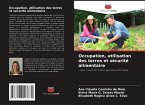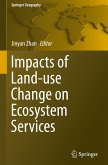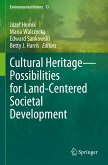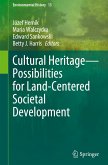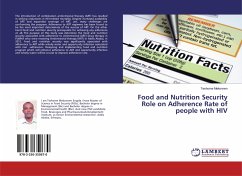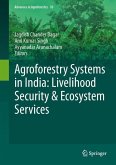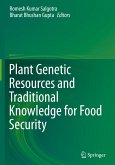Food insecurity, especially when expressed through hunger, is prevalent among people living in poverty. This complex phenomenon, which currently affects almost a million people worldwide, can be explained by a number of factors, with difficulties in accessing food being one of the main causes. The vast majority of people who are food insecure due to lack of access to food belong to the rural population. Agricultural schools, through the new idea proposed by the document '(Re)signification of agricultural education' from the Ministry of Education's Secretariat for Professional and Technological Education and the 2012 National Curriculum Guidelines for Technical Professional Education at Secondary Level, must prioritise socio-economic and environmental development, given that for a long time they were focused on serving large agribusiness companies. Knowing how teachers at an agricultural school think and teach about the relationship between food security, land use and occupation, and how this affects the health of the population is important, as it has a direct effect on the students' education.
Bitte wählen Sie Ihr Anliegen aus.
Rechnungen
Retourenschein anfordern
Bestellstatus
Storno


